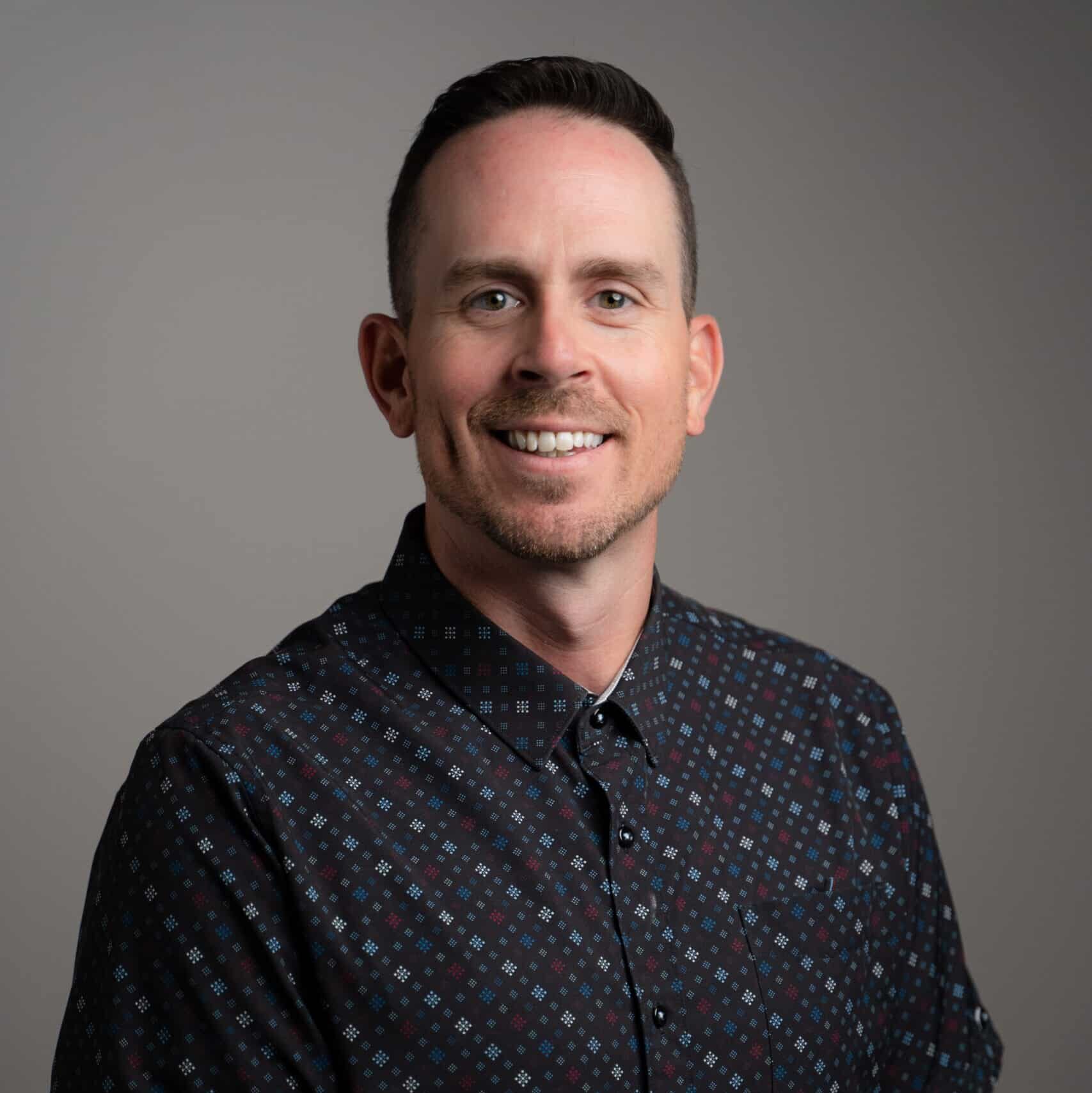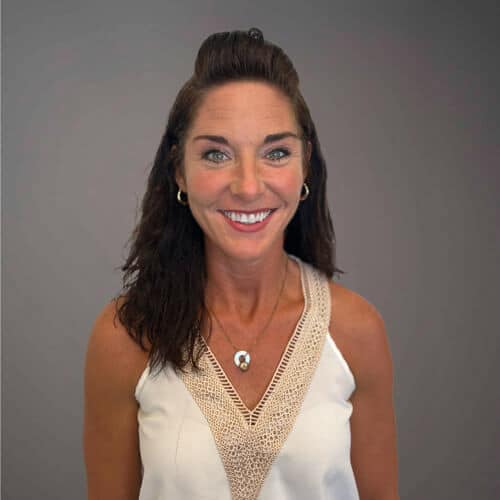Our Team of Interventionists and Family Recovery Specialists assists families in Texas with a loved one experiencing Addiction and Mental Health disorders.
Family First Intervention’s S.A.F.E.® (Self Awareness Family Education™) Curriculum provides intervention services and family support in Texas and nationwide for loved ones who need help addressing alcoholism, drug addiction, or a mental disorder.
One would think that the 2nd most populous state in the union would have full-scale intervention companies on every corner. It usually does not take long to realize that this is not the case in Texas and is the norm across the United States. Almost anywhere in the nation, you can find a solo interventionist to talk your loved one into treatment or a therapist with some working knowledge of addiction. What is often lacking is the ability of a team of addiction, mental health, and family system professionals to assist your family before, during, and after the intervention. It is one thing to have someone talk your loved one into treatment; it is another to have a team of professionals help keep them in treatment while assisting the family in staying grounded throughout the process.
Intervention services in Texas or anywhere else in the world lack the resources and number of professionals to fulfill the needs of what an intervention entails. Families will need far more support and guidance after the intervention than they did before and during the intervention. For most people calling about alcohol, drug addiction, or mental disorder interventions, this is not their first time seeking help for themselves or their loved ones. It is common for addicts, alcoholics, and those with mental disorders to cycle through various centers, hospitals, agencies, etc. On top of this merry-go-round, families often hear there is nothing they can do other than wait for their loved one to want help, ask for help, or hit bottom. We believe through our S.A.F.E.® Intervention and Family Recovery Coaching program, we can help you make the adjustments needed to increase your chances of a better outcome for you and your loved one.
An intervention is not about how to control your loved one with a substance use or mental health disorder; it is about learning how to let go of believing you can.
Family Support, Addiction, and Mental Disorders Intervention Services in Texas and Nationwide
Someone must indeed feel some form of consequences before asking for help, which is stating the obvious. The question is and should be, why do they not want help, and what is preventing them from feeling the consequences? The same principles apply if the family and their loved one are in Texas or elsewhere. If the loved one with an addiction or mental disorder does not see the need to address the problem, they won’t. We must look at what factors prevent your loved one and your family from doing something about the situation.
The second stage of change is when the I.P. or intended patient has to see that the benefits of doing something about their problem outweigh the benefits of doing nothing about it. Remember, all substance users and people with mental disorders want help. The problem is that they only want the support they feel is best for them. If a substance user did not want help, they would not be taking drugs or drinking alcohol. People take drugs and alcohol because they do not like how they feel. Using substances is a cry for help. Using substances to self-medicate mental disorders is a cry for help. Acting out mental health disorders or addictive behaviors is a cry for help. So it goes back to the original question; why won’t they seek help or accept help when offered?
How our S.A.F.E.® Alcoholic, Drug Addiction, and Mental Health Disorder Intervention Services can Help
We work with families to help identify any factors that may or may not be contributing to your loved one wanting or not wanting help. Family Recovery is a large piece of our curriculum. Until your family has some insight and formulates new strategies for communication and coping, it isn’t easy to help yourself or your loved one.
Families in Texas and nationwide can benefit from our nationwide intervention services. Whether your whole family is in Texas or spread about the country, our ongoing family support services are available regardless of where you are after the in-person intervention.
“Many interventionists try to play therapist and clinician while adding on family recovery and coaching services. None of these interventionists is qualified or licensed to do that. Interventionists must stay in their lane after the person accepts help. The best outcomes come from your loved one’s treatment team and the treatment center’s family program. If you choose an interventionist who offers support services after a successful intervention, it will create friction and discrepancies in your loved one’s treatment; we have gone down that road, and it does not work.”
Mike Loverde, MHS, CIP










